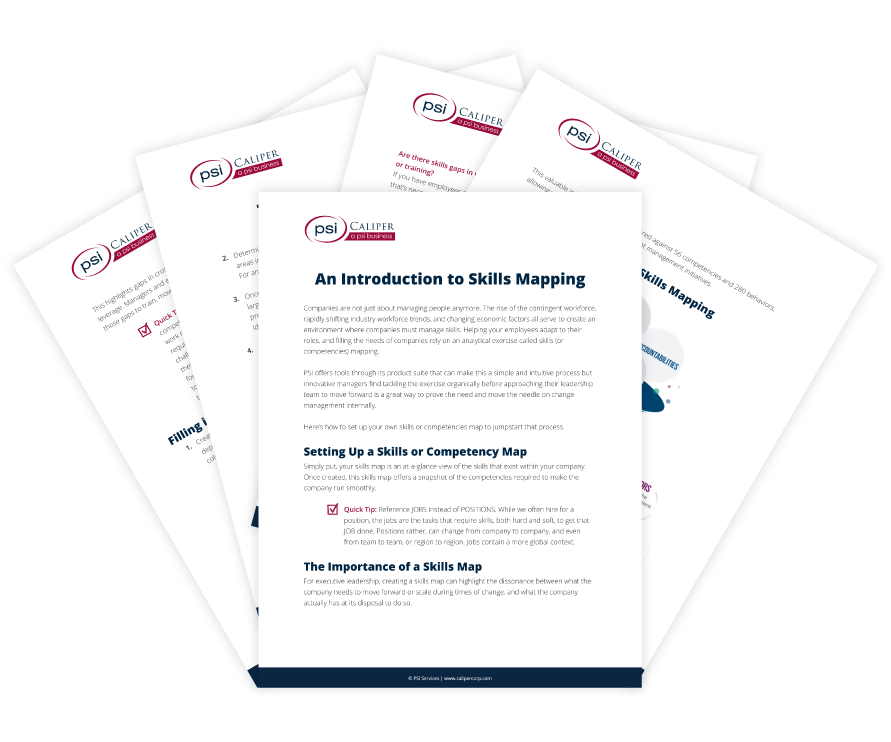Across industries, markets, and the world around, all companies have something in common: someone always needs to be in charge, right? Maybe, maybe not.
Zappos CEO Tony Hsieh recently began to transition the company from a traditional management structure to a self-managing, self-organizing model—no bosses, no managers, no bureaucracy to hinder creativity and innovation. In light of the fundamental changes the company is undergoing and the potential difficulty for the employees in making the shift, Hsieh presented employees with a simple offer — move forward, or resign and take 3 month’s severance.
Months later, Zappos is coming to grips with the challenges involved in instituting a drastic shift to its organizational structure, as 210 employees, representing about 14 percent of the company’s work force, have taken the buyout.
One thing the situation illustrates is the importance, and in cases like Zappos the difficulty, of aligning a company’s culture and organizational competencies with those of its individual members. People who naturally struggle to deal with change or who are less comfortable with the ambiguities in a self-managing work environment may be less likely to thrive in the new system.
What stands out in this process is the necessity of correctly identifying individuals’ competencies and potential and aligning them with a company’s desired future state. This is where using a scientifically validated assessment like the Caliper Profile can be invaluable, providing a standpoint from which to examine human capital at the individual, group, and organizational level and assisting in the process of aligning culture, structure, and objectives.
Caliper’s approach – determining the culture you should have to accord with strategic priorities, which may not be the culture you have. Assess the current state, identify the gaps between strategic needs and the current reality, and determine whether your human capital has the capacity to help you shape your culture in the desired direction.
Much as individuals have different personalities, companies have different cultures, based on what their core values are: procedure, efficiency, service, innovation, collaboration, competitiveness, etc. In moving from a more tightly structured organization with traditionally defined roles and responsibilities to one that it hopes will create greater efficiencies and enable its people to achieve new levels of success, Zappos is also changing its culture and dealing with the issues such a dramatic change entails.

